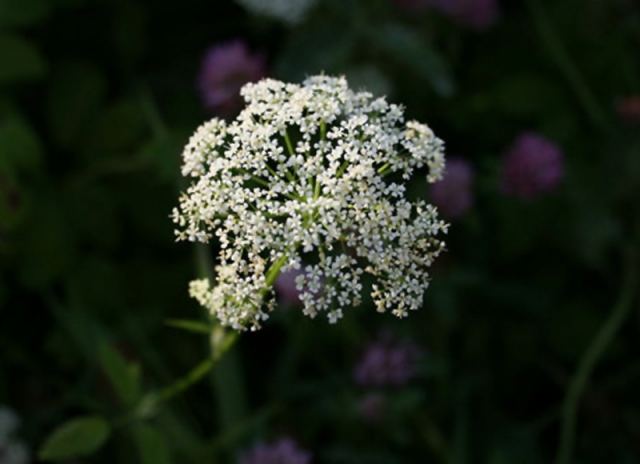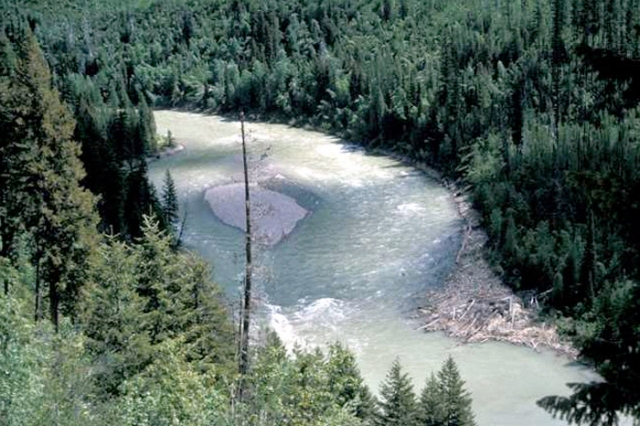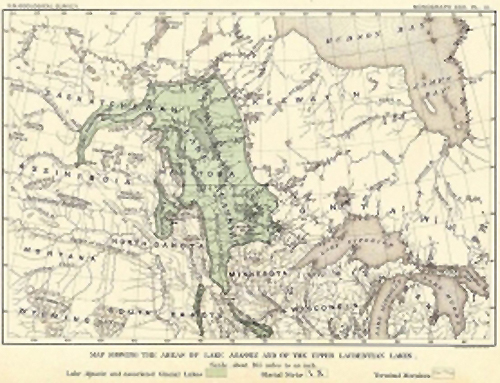Canada's Vital Signs 2011 reveals we're losing the war on obesity, declaring personal bankruptcy more often - but staving off NEET trend amongst youth
Canadians are pushing themselves to the brink of their physical and financial health, says Canada’s Vital Signs 2011, the annual report card on quality of life from Community Foundations of Canada. National obesity rates and personal bankruptcy numbers continue to rise unabated – and although Canada’s youth unemployment rates haven’t reached the epic proportions of […]
Three years of study show Lake Windermere free of invasive, non-native aquatic plants
After three years of study, researchers have found no Eurasian water milfoil in Lake Windermere or Columbia Lake. Eurasian watermilfoil is notorious across North America for its ability to choke out aquatic habitat and cost governments millions of dollars to control. Its absence is a nice surprise for Rachel Darvill, Wildsight’s Columbia Headwaters program manager, […]
B.C. First Nations group's case goes to rights hearing in U.S.
The nation’s rules for making treaties is expected to be scrutinized by a foreign government this month, the Victoria Times-Colonist is reporting. The Hul’qumi’num Treaty Group, made up of six Vancouver Island First Nations, will have a human rights complaint heard Oct. 28 by the Organization of American States Inter-American Commission on Human Rights. At […]
Flathead far from protected despite legislation: Conservation groups
Legislation to ban mining and energy development in B.C.’s Flathead River Valley is a welcome first step but the Flathead remains far from protected, conservation groups said today. “This legislation does not protect the Flathead from logging in a proposed National Park, trophy hunting, new road access and quarrying,” said Casey Brennan, Southern Rockies program […]
Lake Agassiz: questions about its origin and disappearance
Lake Agassiz was an immense glacial lake located in the centre of North America (Manitoba mostly). Fed by glacial runoff at the end of the last glacial period, its area was larger than all of the modern Great Lakes combined, and it held more water than contained by all lakes in the world today. At […]
Population has bigger effect than climate change on crop yields, study suggests
By Bernard Appiah, Science and Development Network Population pressure will be as significant a factor as climate change in reducing crop yields — and thus increasing food insecurity — in West Africa, according to a modeling study. The authors inserted different climate change, land use, and demographic change scenarios, into an internationally validated model to […]
The 'Ethical Oil' bait-and-switch
In the ongoing campaign to put a positive spin on Alberta’s Tar Sands, proponents have deployed a new rhetorical attack: women’s rights. If you support women’s rights, say conservative pundits Ezra Levant and Alykhan Velshi, choose “ethical oil” over “conflict oil”. The phrase is now standard prose for the Harper government,...
Climate change threatens Canada's water: Report
Federal, provincial and municipal governments should implement coordinated national and regional water conservation guidelines to address the detrimental impact climate change is having on Canada’s water system, according to a new report from ACT, Simon Fraser University’s Adaptation to Climate Change Team. “The days when Canadians take an endless abundance of fresh water for granted […]
Coffee: is the black stuff as green as it should be?
By George Blacksel, The Ecologist.org The world’s second most tradable commodity after oil; coffee growing and processing has proven itself to be a lucrative industry. The burgeoning coffee culture that sprang up over the last few decades has led to overwhelming success for handful of coffee franchises and a massive spike in supermarket sales. Of […]
Arctic ozone loss ‘unprecedented’ above Arctic
A NASA-led study has documented an unprecedented depletion of Earth’s protective ozone layer above the Arctic last winter and spring caused by an unusually prolonged period of extremely low temperatures in the stratosphere. The study, published online Sunday, Oct. 2, in the journal Nature, finds the amount of ozone destroyed in the Arctic in 2011 […]





























